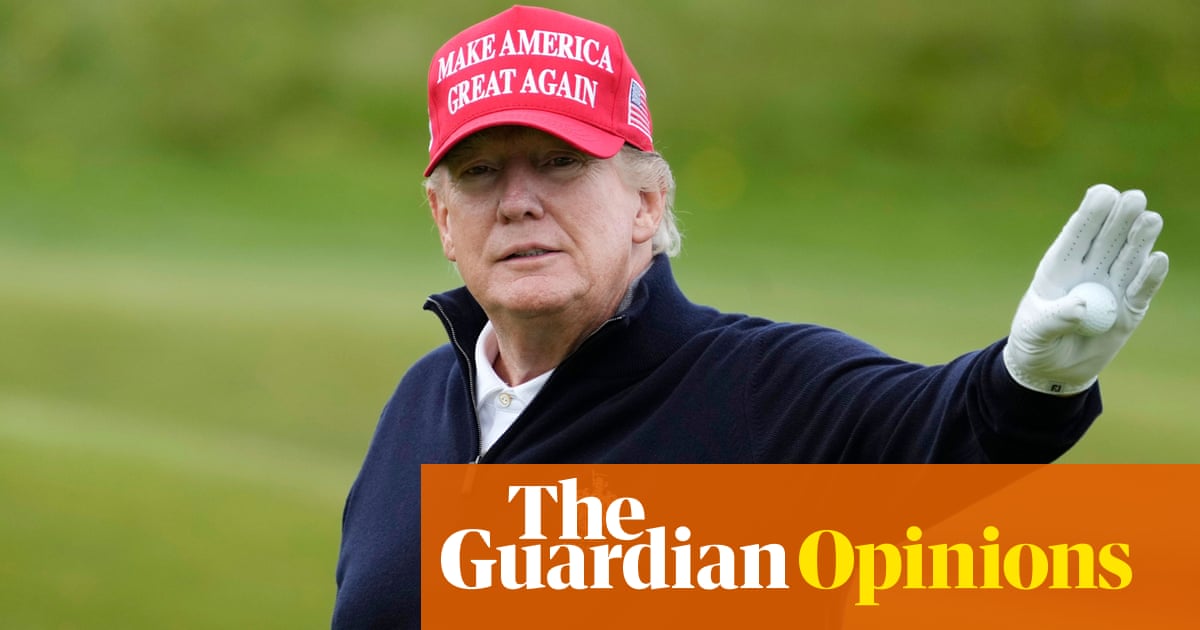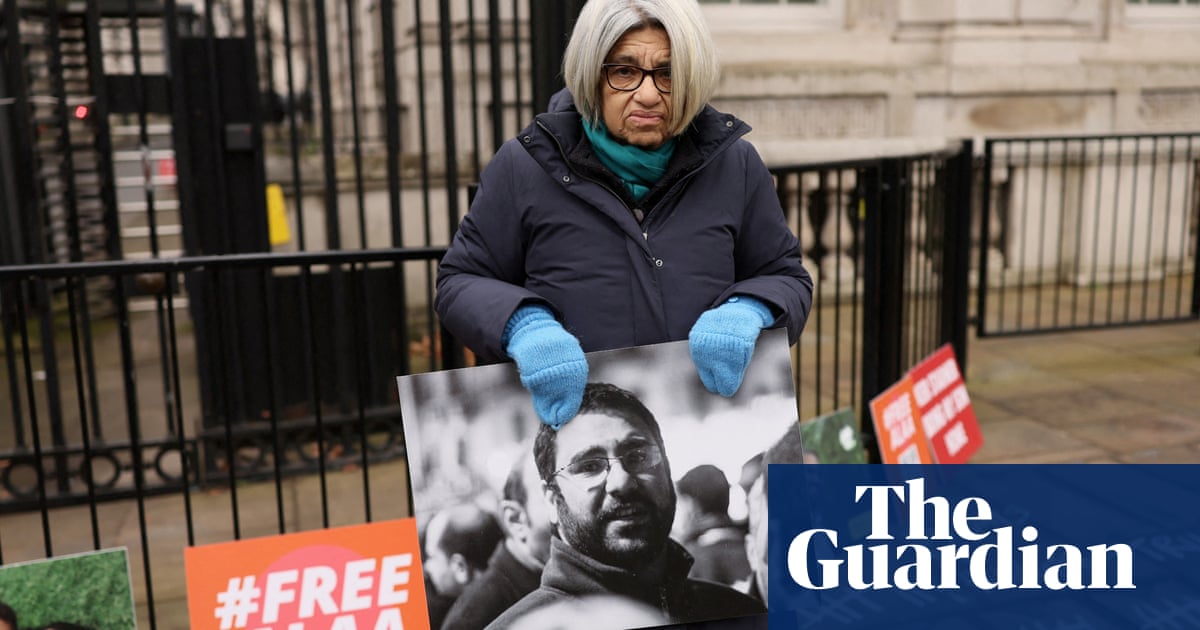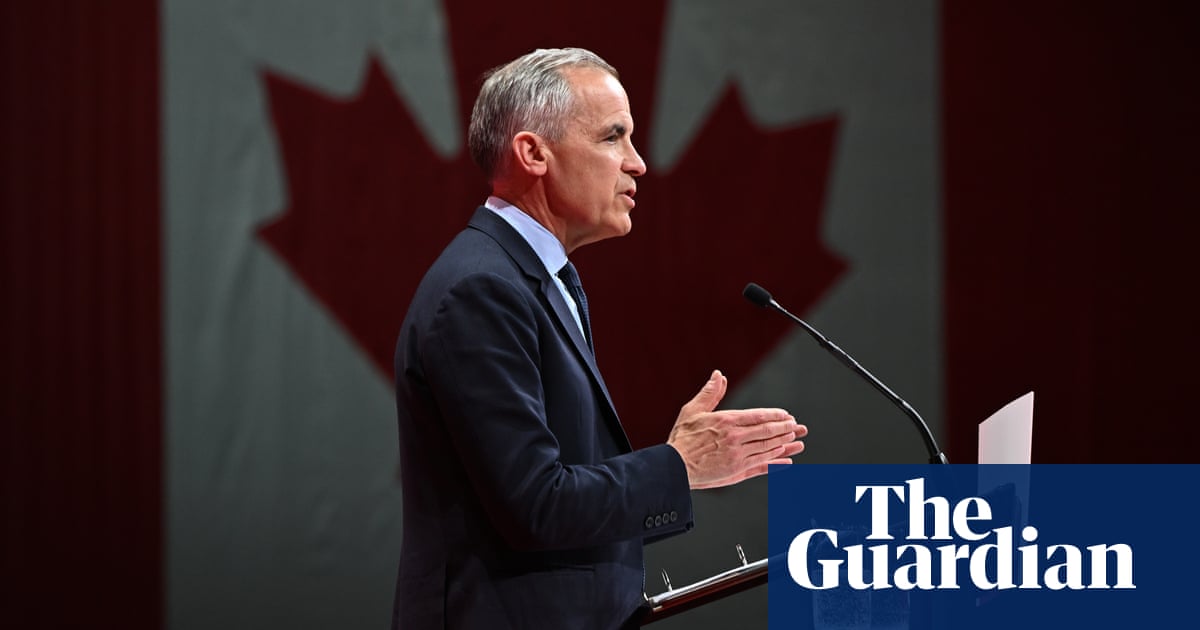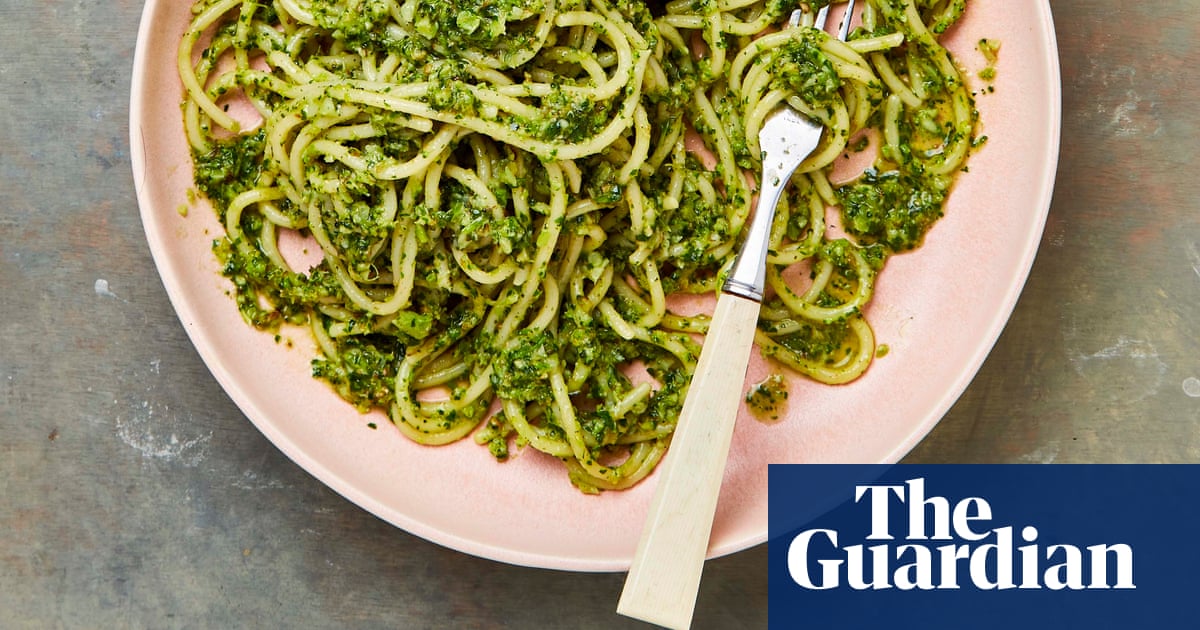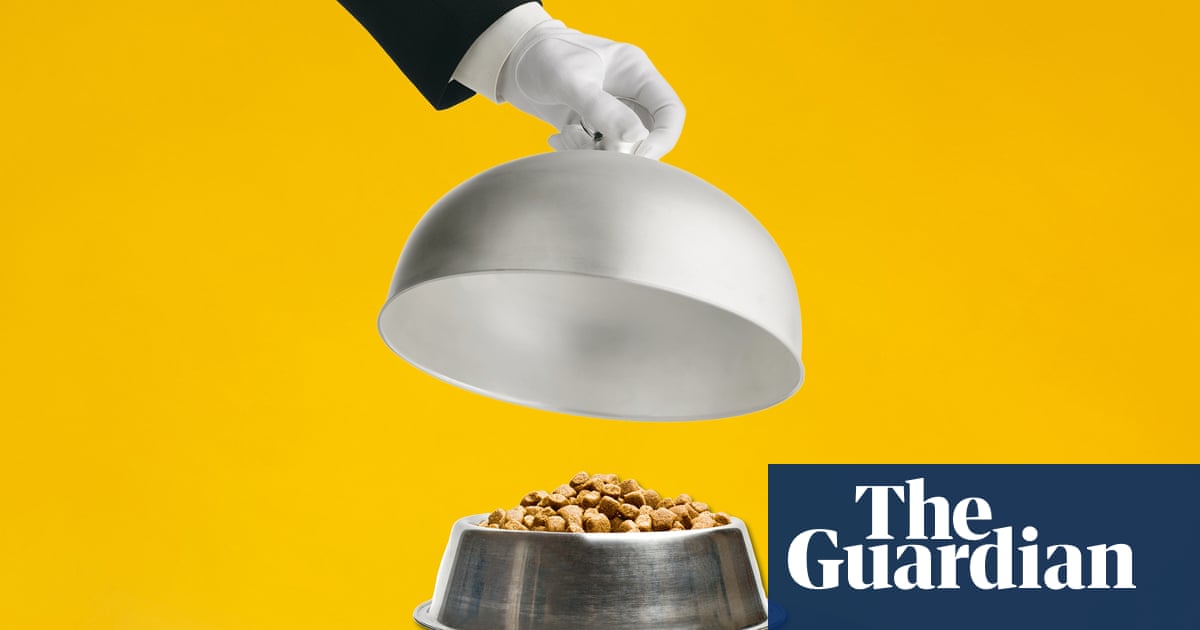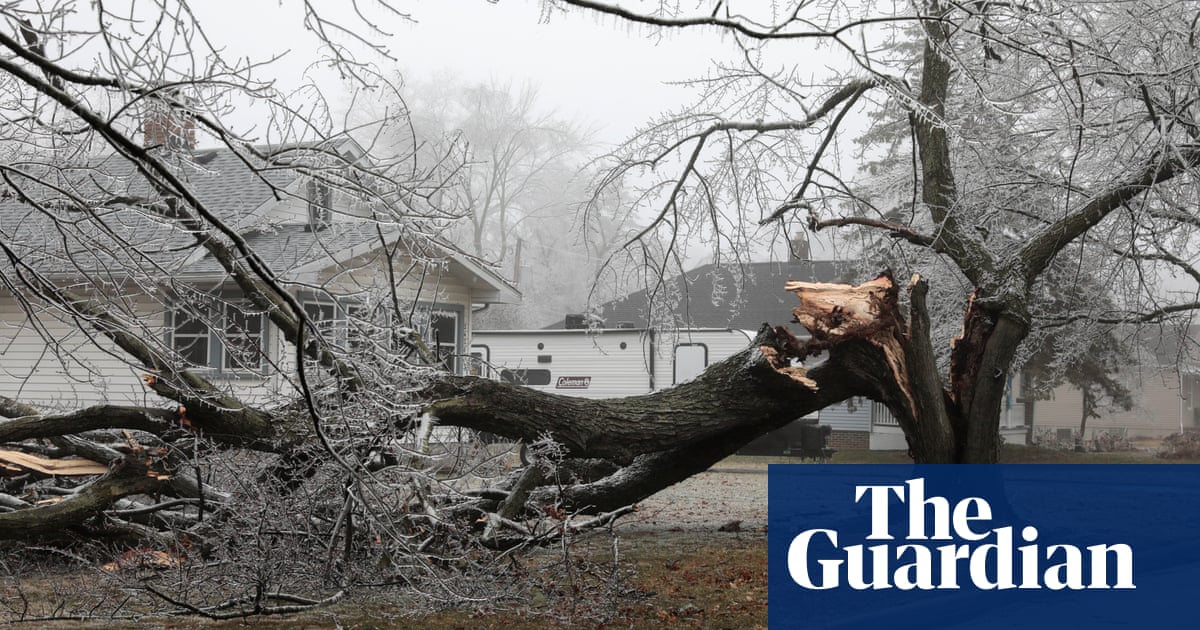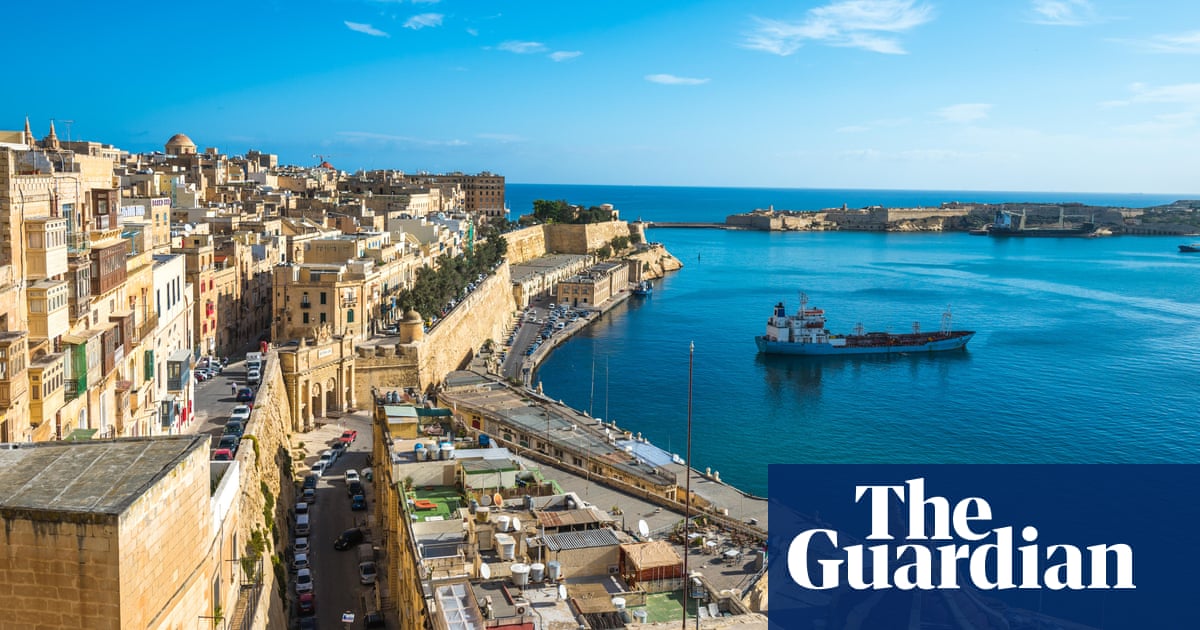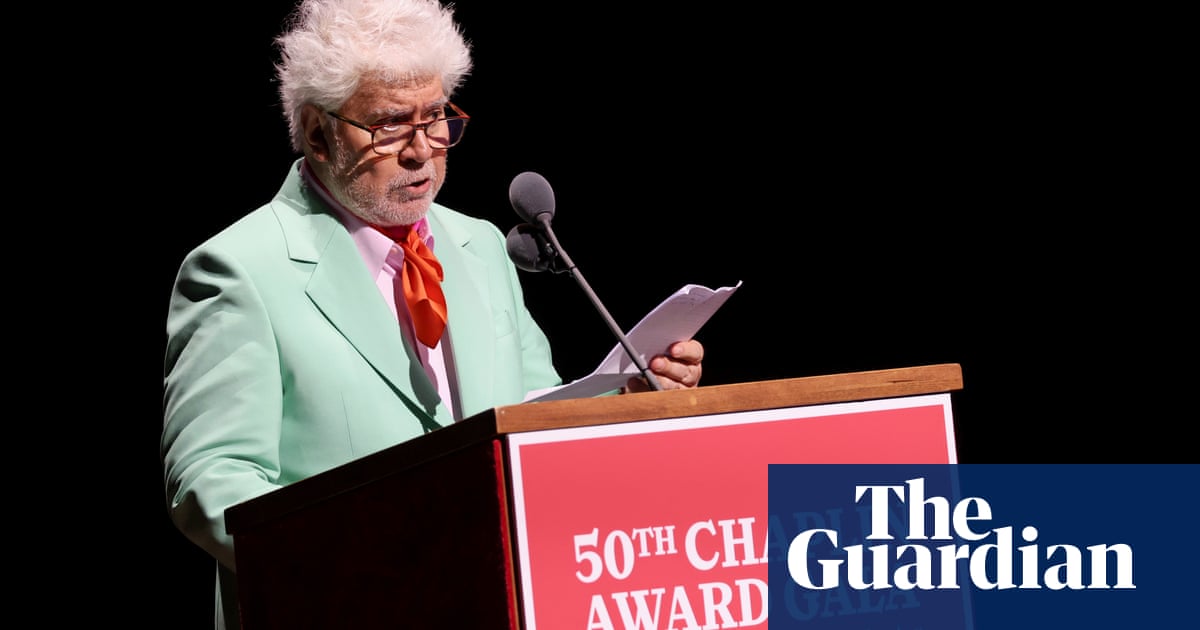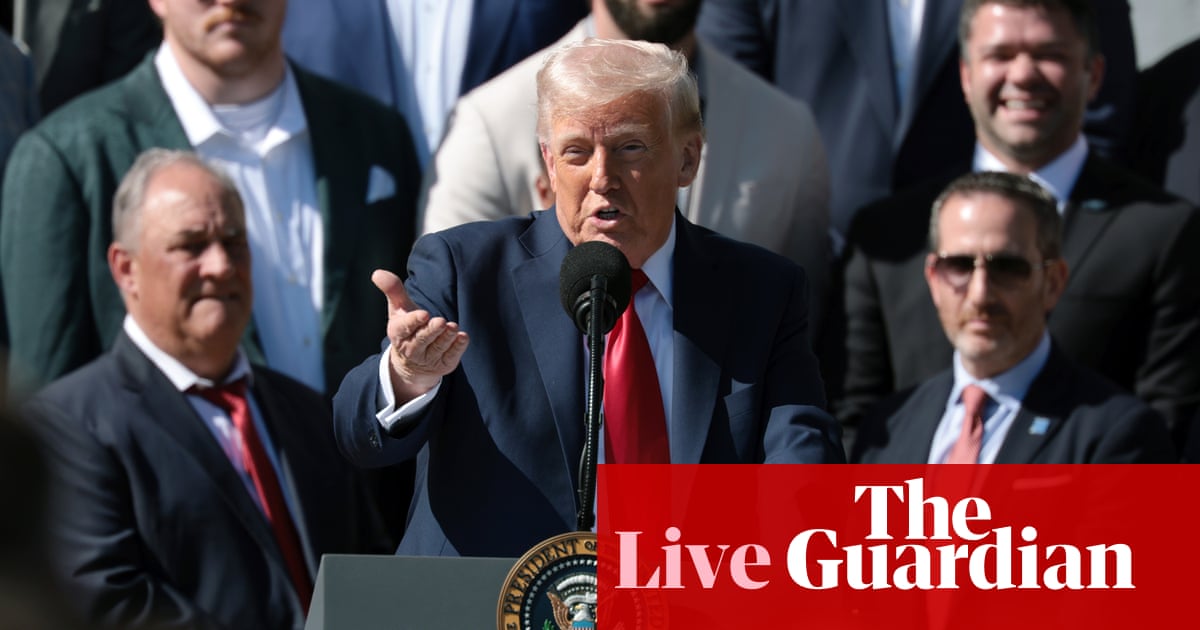Introduction: HSBC sounds alarm on tariffs as bad debt provisions rise
Good morning, and welcome to our rolling coverage of business, the financial markets and the world economy.
Companies around the world are calculating the impact of Donald Trump’s trade war, and today we’re hearing from one of the world’s largest banks.
HSBC has set aside more money for bad debts this morning, warning that the economic outlook has deteriorated due to “geopolitical tensions and higher trade tariffs”.
HSBC has increased its expected credit losses (ECL) to $900m in the first quarter of 2025, which is $200m higher than in January-March 2024, as it lifted its provisions for debts going sour.
This helped to knock HSBC’s profits for the quarter down by around a quarter, to $9.5bn, compared with 1Q 2024 (when the bank’s results were flattered by the sale of its businesses in Canada and Argentina).
HSBC also told shareholders that it had modelled scenarios in which tariffs are “significantly higher”, hurting growth – and found it would hurt its revenue and push up bad debt provisions by another $500m.
HSBC also warns, in its latest financial results, that the US trade war has increased the risks facing the global economy.
It told shareholders:
Risks for the global economy have been heightened by new trade policies announced by the US and potential measures that may be adopted by several countries globally, including in the markets in which the Group operates.
This uncertainty poses downside risks to economic growth and impacts economic forecasts, financial markets and business and consumer sentiment. A further escalation of tariffs and trade tensions could lead to lower trade volumes, investment, consumer spending and, ultimately, weaker global GDP growth.
Supply chains could also come under renewed pressure from a fragmented trade landscape, which could cause inflation to rise again.
There are already signs that this slowdown is occuring – the number of vessels scheduled to arrive at the Port of Los Angeles next week is down by almost a third on the same period a year earlier.
The agenda
-
8am BST: Kantar survey of UK grocery inflation
-
10am BST: UK Treasury Committee to question senior officials at the Prudential Regulation Authority
-
3pm BST: JOLTS report on US vacancies
-
3pm: US consumer confidence report
Key events Show key events only Please turn on JavaScript to use this feature
BP green energy chief to exit as it retreats from low-carbon investments
Jillian Ambrose
The architect of BP’s failed green energy agenda will leave the embattled oil company within months as it continues its retreat from low-carbon investments following this morning’s sharp fall in profits (see last post).
The oil company said Giulia Chierchia, the executive in charge of BP’s sustainability ventures, would step back from her role from 1 June 2025 to “pursue other opportunities” outside the company. She will not be replaced.
BP profits halve in last quarter
Oil giant BP has missed profit forecasts this morning, adding to the pressure on the company’s executives.
BP reported an underlying profit of $1.38bn for the first quarter of 2025, missing forecasts of $1.53bn, and much weaker than the $2.7bn it earned in January-March 2024.
The company blamed “weak” trading at its gas trading division – gas prices have fallen this year, on concerns that a global trade war will hurt demand for energy.
BIG OIL 1Q EARNINGS: Oh dear Lord, BP opens the quarterly season with a huge miss (and that's after consensus came down ~30% in three months), even more debt than expected, and buybacks at the very low end of guidance. #OOTT $BP pic.twitter.com/Pa5g2yEh9F
— Javier Blas (@JavierBlas) April 29, 2025Shares in BP have dropped by 2.3% in early trading.
The company has been under growing pressure from activist investor Elliott Management this year to make spending cuts, to increase its free cash flow.
Murray Auchincloss, BP’s chief executive officer, says:
In February, we announced a fundamental reset of our strategy - to grow the upstream, focus the downstream and invest with discipline in the transition - and we have already made significant progress.
So far this year we have started up three major projects, made six exploration discoveries and have progressed our divestment programme - all while delivering strong operational performance, with over 95% upstream plant reliability supporting the best operating efficiency* on record, and over 96% refining availability. We continue to monitor market volatility and changes and remain focused on moving at pace.
I’m confident that our plans to strengthen the balance sheet, reduce costs, and improve cash flow and returns will grow long-term shareholder value and strengthen the resilience of bp.
In what could be a nod to Elliott, BP says it will lower its planned spending for 2025 by $500m (£373m) to about $14.5bn this year.
It also plans to divest between $3bn and $4bn of assets.
Patrick Galey, Interim Head of Fossil Fuel investigations at Global Witness, is unimpressed, saying:
“BP has spent the last year flip-flopping on its climate commitments, lurching back towards fossil fuels just as the world needs a clean energy transition.”
“The fact that its returns are now dwindling and investors seem to be losing confidence shows BP’s climate u-turn is not only planet-wrecking but financially wrong-headed too.”
“Now is the time for investors to change direction. Continuing to back fossil fuel giants as the world moves towards safer, cleaner, home-grown energy is a decision that could leave them empty-handed in the years ahead, with falling demand and billions’ worth of stranded assets.”
FT: Amazon pressures suppliers to cut prices to limit Trump tariff shock
Amazon is seeking steep discounts from suppliers and setting tough terms to protect its margins amid the Trump trade war, the Financial Times reports this morning.
According to the FT, Amazon had sought low double-digit price cuts from the sellers of goods ranging from homeware to consumer electronics, according to three vendor consultants — who negotiate on behalf of multiple brands and suppliers.
You can read the story here.
German airline Lufthansa is sticking with its forecasts for this year, despite the rising trade tensions and tougher US immigration processes under Donald Trump.
CEO of Lufthansa, Carsten Spohr, struck an upbeat tone this morning, telling investors:
“Global demand for air travel continues to grow. Despite all the geopolitical uncertainties, we therefore remain on course for growth, are optimistic about the summer, and are sticking to our positive outlook for 2025.
In the first quarter, our airlines were able to sell their expanded capacity at higher yields in the market.
There have been reports in recent weeks that tourism to the US has fallen due to a backlash against Trump, and high-profile deportations and detentions at the border.
Lufthansa, though, has seen an increase in transatlantic demand; Spohr says:
On the North Atlantic, the number of guests rose by more than seven percent in the first quarter, with higher load factors and better yields. Demand continues to be robust for the second quarter.
Electrolux cuts US outlook as uncertainty rises
Swedish appliances maker Electrolux is also counting the cost of the Trump trade war.
Electrolux, which makes white goods and household appliances, warned this morning that the demand outlook for home appliances is “increasingly uncertain”.
The company has lowered its North America market outlook for 2025 from “Neutral” to “Neutral to negative”, and cut its assessment of external factors from “Negative” to “Significantly negative”.
Summing up the last quarter, Electrolux’s president and CEO, Yannick Fierling, says:
The market environment was characterized by increased uncertainty as the quarter progressed. In North America and Europe, market demand was largely unchanged. However, consumer confidence declined throughout the quarter due to economic uncertainty and concerns around U.S. trade policy developments. In Latin America, consumer demand increased marginally, primarily driven by Brazil, in a market characterized by rising competitive pressure.
Effects from changes in U.S. trade policies had a minor impact in the first quarter. It is impressive how our entire organization is acting with speed and agility to mitigate and adapt to the rapidly-changing market environment.
Trump to reduce impact of auto tariffs
There are sounds of another handbrake turn from the White House in its trade war.
President Donald Trump is expected to soften the impact of his automotive tariffs, by tweaking them so that duties on foreign-made cars are not stacked on top of other tariffs, such as those on steel and aluminium.
Trump is also expected to ease some levies on foreign parts used to manufacture cars in the US.
The change was first reported by the Wall Street Journal, and now appears to have been confirmed by the administration.
Commerce Secretary Howard Lutnick said in a statement:
“President Trump is building an important partnership with both the domestic automakers and our great American workers,”
“This deal is a major victory for the President’s trade policy by rewarding companies who manufacture domestically, while providing runway to manufacturers who have expressed their commitment to invest in America and expand their domestic manufacturing.”
US treasury secretary Scott Bessent is expected to speak to the US press pack later today at the White House daily briefing – perhaps this might be discussed….
Introduction: HSBC sounds alarm on tariffs as bad debt provisions rise
Good morning, and welcome to our rolling coverage of business, the financial markets and the world economy.
Companies around the world are calculating the impact of Donald Trump’s trade war, and today we’re hearing from one of the world’s largest banks.
HSBC has set aside more money for bad debts this morning, warning that the economic outlook has deteriorated due to “geopolitical tensions and higher trade tariffs”.
HSBC has increased its expected credit losses (ECL) to $900m in the first quarter of 2025, which is $200m higher than in January-March 2024, as it lifted its provisions for debts going sour.
This helped to knock HSBC’s profits for the quarter down by around a quarter, to $9.5bn, compared with 1Q 2024 (when the bank’s results were flattered by the sale of its businesses in Canada and Argentina).
HSBC also told shareholders that it had modelled scenarios in which tariffs are “significantly higher”, hurting growth – and found it would hurt its revenue and push up bad debt provisions by another $500m.
HSBC also warns, in its latest financial results, that the US trade war has increased the risks facing the global economy.
It told shareholders:
Risks for the global economy have been heightened by new trade policies announced by the US and potential measures that may be adopted by several countries globally, including in the markets in which the Group operates.
This uncertainty poses downside risks to economic growth and impacts economic forecasts, financial markets and business and consumer sentiment. A further escalation of tariffs and trade tensions could lead to lower trade volumes, investment, consumer spending and, ultimately, weaker global GDP growth.
Supply chains could also come under renewed pressure from a fragmented trade landscape, which could cause inflation to rise again.
There are already signs that this slowdown is occuring – the number of vessels scheduled to arrive at the Port of Los Angeles next week is down by almost a third on the same period a year earlier.
The agenda
-
8am BST: Kantar survey of UK grocery inflation
-
10am BST: UK Treasury Committee to question senior officials at the Prudential Regulation Authority
-
3pm BST: JOLTS report on US vacancies
-
3pm: US consumer confidence report

 6 hours ago
6
6 hours ago
6

